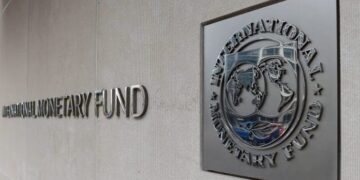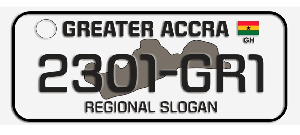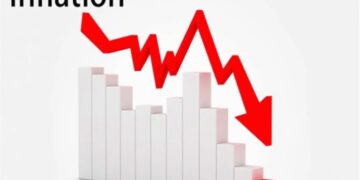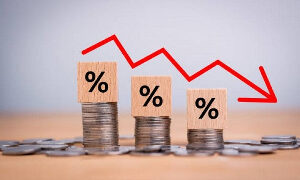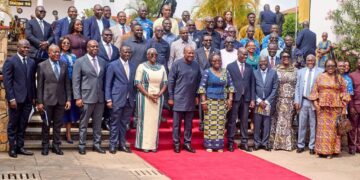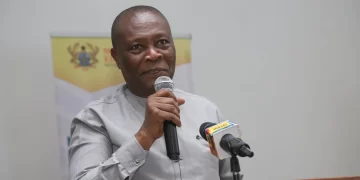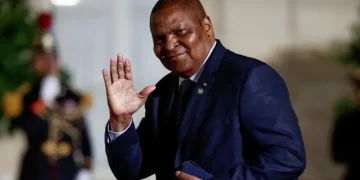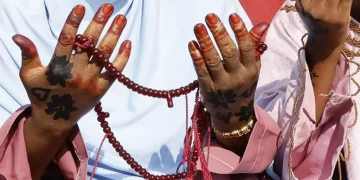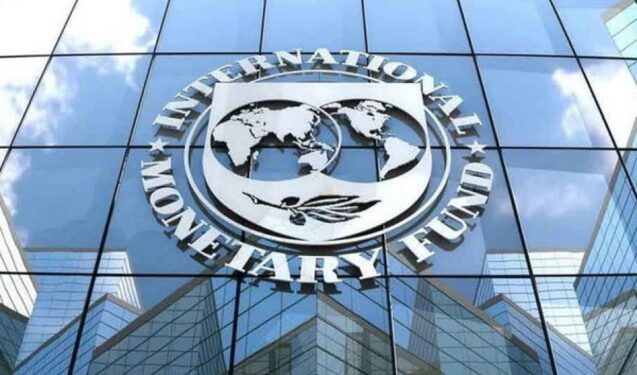The International Monetary Fund (IMF) has affirmed Ghana’s government’s decision to perform a debt operation (also known as debt restructuring) in 2023.
According to an update on the fund’s website, “authorities [Ghana] have assessed their public debt as being unsustainable over the medium term. Together with efforts to bring the government deficit down, they have announced their intention to conduct a debt operation to ensure debt sustainability.”
The Bretton Woods Institution has praised the government’s choice to pursue debt operations.
“We welcome the authorities’ intentions to implement policies that will ensure the sustainability of public finances” the Fund stressed.
The IMF, on the other hand, stated that “the nature of Ghana’s engagements and debt operations are sovereign decisions.”
Read Also: Nima honors Mohammed Kudus with a mural
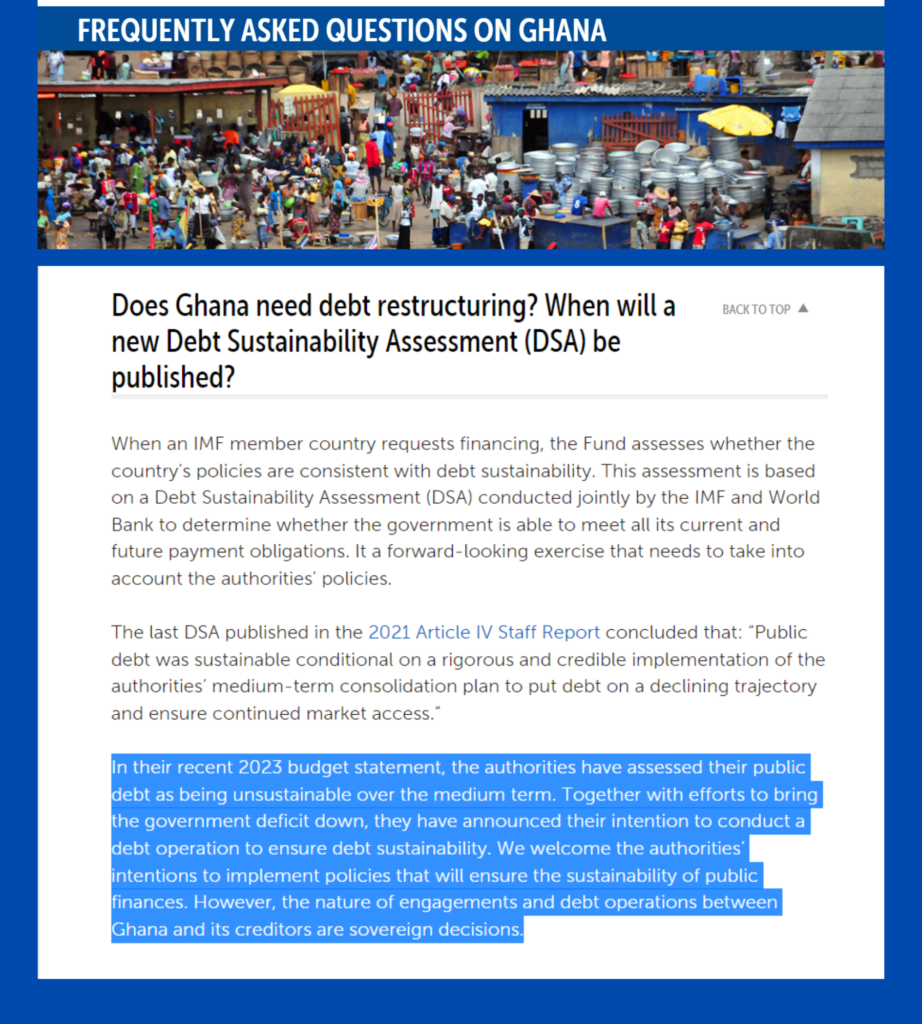
Ghana’s quest for a $3 billion IMF bailout
Ghana may be able to obtain $3 billion from the International Monetary Fund to help stabilize the economy.
According to Joy Business, the bailout would be paid out over three years in the form of balance of payment support.
If the Fund accepts the government’s economic agenda, a billion dollars will be available immediately.
The sum is more than double what the nation was proposing a month ago as it attempts to shore up its finances and get access to global markets.
“Since negotiations for the programme are starting now, it’s too early to comment on the final form the programme will take,” an IMF spokeswoman said in an emailed response to Bloomberg.
“The Extended Credit Facility for low-income countries is the Fund’s main tool for medium-term support for countries facing protracted balance of payments problems, similar to Ghana’s. The duration of such an arrangement is between three to four years, and extendable to five years”, she pointed out.
She went on to say that the final program is set by the IMF’s Executive Board.
The government launched talks with the Bretton Woods organization in July 2022, reversing President Akufo-commitment Addo’s administration’s not to seek a financial package from the IMF.
Why is Ghana requesting an IMF programme?
According to the IMF, Ghana’s fiscal and debt vulnerabilities have deteriorated rapidly in the face of an increasingly difficult external environment. Ghana’s governmental debt soared considerably during the COVID-19 epidemic.
At the same time, investors viewed the government’s attempts to maintain debt sustainability as insufficient, resulting in credit rating downgrades, the exodus of non-resident investors from the domestic bond market, and, ultimately, Ghana’s loss of access to international capital markets.
These negative dynamics, compounded by pricing and supply-chain shocks from the Ukraine crisis, have resulted in a significant exchange rate depreciation, a jump in inflation (40.4 percent year on year in October), and a drain on foreign exchange reserves. In light of this, the government approached the IMF for aid. Since then, discussions between IMF staff and Ghanaian authorities have been ongoing.
SOURCE: myjoyonline


